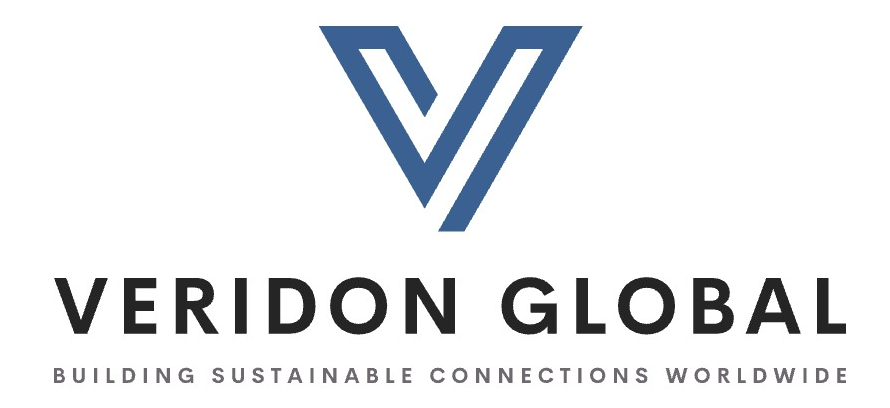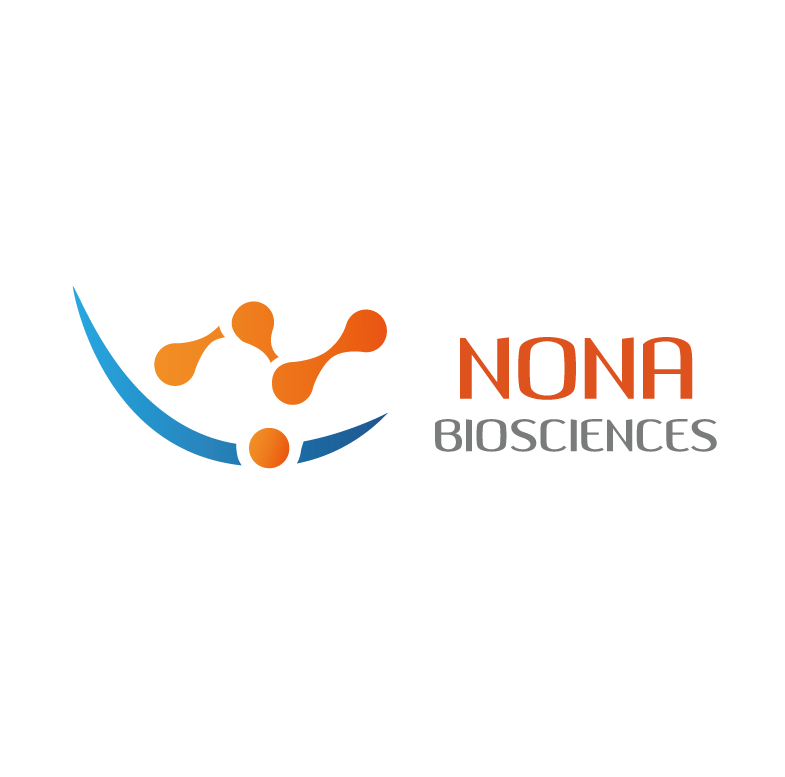
EVIDENCE 360 : RWE, Pricing & Reimbursement Summit Europe
Driving Healthcare Transformation with Evidence-Based Insights
26th-27th May 2025
Frankfurt, Germany

Event at-a-glance
The Immuno-Oncology & Biomarker Summit 2026 organized by Veridon Global is a premier two-day conference bringing together 150+ senior decision-makers from leading pharmaceutical companies, biotech innovators, and academic institutions to accelerate breakthroughs in immunotherapy and biomarker science.
Taking place in London, UK on 16th & 17th March, 2026, this summit serves as a dynamic platform to explore the latest advancements in antibody-drug conjugates (ADCs), bispecific antibodies, cellular therapies, and immune checkpoint inhibitors. It also delves deep into emerging combination strategies, pre-clinical and translational I-O research, and the evolution of personalized and targeted immunotherapy approaches -from early discovery through to late-phase trials.
With a spotlight on biomarker discovery, immune monitoring, vaccine development, and the integration of multi-omic platforms, this event offers a unique opportunity to examine how scientific innovations are reshaping oncology treatment paradigms.
Through cutting-edge content, strategic discussion, and high-level networking, the summit will equip attendees to navigate scientific complexity, improve clinical translation, and drive effective patient outcomes in the next era of immuno-oncology and biomarker discovery.

Key Topics
- Pioneering Immunotherapies in Oncology: ADCs, Bispecific Antibodies, and Cellular Therapies
- Biomarker-Driven Precision Oncology: Translating Discovery to Clinical Impact
- Strategic Combination Therapies: Enhancing Efficacy and Overcoming Resistance
- Biomarker Discovery and Validation: Key to Unlocking Precision Immunotherapy
- Translational Research and Preclinical Models in Immuno-Oncology
- Advancing Cancer Vaccines and Oncolytic Viruses
- Innovative Immune Monitoring Technologies: Real-Time Insights for Better Decision-Making
- Biomarker Integration in Immuno-Oncology Clinical Trials

Why join us?
- Learn from top-tier experts about the latest advancements in immuno-oncology therapies, biomarker discovery, and precision oncology that are shaping the future of cancer treatment.
Network with 150+ senior decision-makers from pharma, biotech, and academia, creating opportunities for partnerships and collaborations in cutting-edge cancer therapies.
Discover how combination immunotherapies, including immune checkpoint inhibitors, ADCs, and cellular therapies, are enhancing treatment outcomes and overcoming resistance.
Dive into how biomarkers are revolutionizing cancer treatment by enabling personalized medicine, improving clinical trial designs, and optimizing patient selection for therapies.
Get up-to-date on the latest global regulatory frameworks for biomarker-based diagnostics and immuno-oncology therapies, helping you navigate the evolving landscape of drug approval and clinical trials.

Target Audience
Academics: University/ Research Institutes/Research Labs
Industry: Pharma / Biopharma (Therapeutic Companies)
From Pharmaceutical, Biopharmaceutical and Academic Institutions:
CEO, CSO, Director, VP, Director, Head, Senior Investigator, Manager, Principal Scientist, Scientist, Team Leader, Group Leader, Professor, Assistant Professor, Lecturer, Researchers working on
Immuno-oncology research and drug development/Cancer Immunotherapy
Biomarker discovery and validation
Development of cellular therapies, ADCs, and bispecific antibodies
Biomarker validation, immune profiling, and translational research in the oncology space
Biomarker-based diagnostics and immuno-oncology therapies
Personalized Cancer Treatment
Drug development strategies, clinical trial management, and commercialization of novel cancer therapies
Investors & Venture Capitalists looking for the latest innovations and emerging trends in oncology therapeutics and biomarker diagnostics

Speakers (TBA)
Understanding the Foundations of Immuno-Oncology
What Is Immuno-Oncology?
Immuno-oncology is a type of cancer treatment that activates the body’s immune system to fight tumors. Instead of targeting cancer cells directly, it helps immune cells recognize and eliminate them. This approach has reshaped cancer care, especially in melanoma, lung, and blood cancers, and continues to expand into other tumor types.
Define Immuno-Oncology
Immuno-oncology is a field of medicine that uses the immune system to fight cancer. Unlike chemotherapy, it doesn’t attack cancer cells directly. It boosts the body’s own defenses, helping them detect and destroy tumors. The approach has changed cancer treatment across several indications, and new immune targets continue to emerge.
Advances in Research and Drug Development
Immuno-Oncology Research
Immuno-oncology research explores how to improve immune response against tumors. Areas of focus include tumor microenvironment, resistance to checkpoint blockade, and new antigen discovery. Translating research into clinical practice requires robust biomarker validation and patient selection strategies. Keeping up with preclinical trends can shape tomorrow’s treatment standards. Events like the Immuno-Oncology Biomarker Summit 2026 often explore these developments in greater detail through data-led discussions.
Immuno-Oncology Drug Development
Immuno-oncology drug development faces unique challenges—variable patient responses, immune-related adverse events, and biomarker dependencies. Development programs now integrate early biomarker readouts and modular trial designs. Teams need to align scientific evidence with regulatory expectations. This space moves fast, so timely insights can de-risk critical development milestones.
Clinical Pipelines, Assays, and Trials
Immuno-Oncology Pipeline
The immuno-oncology pipeline continues to grow across multiple tumor types. It includes checkpoint inhibitors, bispecific antibodies, CAR-T therapies, and cytokine modulators. Early-stage candidates now focus on novel targets like TIGIT, LAG-3, and CD47. For pipeline teams, tracking competitor mechanisms and trial phases is key to positioning assets effectively. Events that present comparative data from global pipelines, such as the Immuno-Oncology Biomarker Summit 2026, offer valuable context.
Immuno-Oncology Assays
Immuno-oncology assays are used to measure immune responses in patients. These include PD-L1 IHC tests, TMB scoring, and multiplex immunofluorescence. They’re essential in patient selection, monitoring treatment response, and validating biomarkers. For trial design and regulatory approval, assay selection isn’t a support function—it’s a scientific decision. Platforms like the Immuno-Oncology Biomarker Summit 2026 often cover the latest assay technologies and validation protocols.
Immuno-Oncology Clinical Trials
Immuno-oncology clinical trials are increasingly adaptive, biomarker-driven, and combination-focused. They often include novel endpoints like immune-related response criteria (iRECIST). As immunotherapies enter earlier treatment lines, trial design is shifting to detect long-term survival benefits. Reviewing trial protocols can reveal how immuno-oncology is evolving, not just what’s approved.
Therapies, Drugs, and Industry Landscape
Immuno-Oncology Therapy
Immuno-oncology therapies use the immune system to target and destroy cancer. These include:
- Checkpoint inhibitors (like PD-1/PD-L1)
- T-cell therapies
- Cancer vaccines
- Cytokine therapies
Their growing use in combination regimens reflects both promise and complexity. Understanding therapy selection by cancer type is crucial for clinical development decisions.
Immuno-Oncology Drugs in Development
Over 2,000 immuno-oncology drugs are currently in development. While PD-1/PD-L1 pathways dominate, new targets like STING, CD40, and IL-15 are gaining traction. Many candidates are in early-phase trials, with growing interest in combination and bispecific approaches. Staying ahead means knowing what’s in development—and where the gaps are.
Key Industry Stakeholders and Events
Immuno-Oncology Companies
Immuno-oncology companies range from big pharma to startups focused on novel targets. Some develop therapies, while others specialize in biomarkers or diagnostics. Collaboration is common—especially in trials and co-development. Knowing the active players helps in partnership strategy, competitive analysis, and early innovation scouting. Events like the Immuno-Oncology Biomarker Summit 2026 can provide an ideal lens into who’s moving the needle across the landscape.
Immuno-Oncology Summit
Immuno-oncology summits bring together key stakeholders across pharma, biotech, and academia. They focus on clinical progress, regulatory pathways, and translational strategies. These forums offer critical insight into biomarker development, therapy combinations, and trial design. For those working on immuno-oncology pipelines, staying updated through such forums is practical—not optional. The Immuno-Oncology Biomarker Summit 2026 is one such platform that brings these updates to the forefront.
Immuno-Oncology
The Immuno-Oncology Congress focuses exclusively on immune-based cancer research. It covers checkpoint inhibitors, biomarkers, resistance mechanisms, and patient stratification. This congress plays a central role in setting clinical and translational agendas. Attending or reviewing outcomes from helps teams align their strategies with current global standards.
Key Takeaway
Immuno-oncology is advancing fast. New biomarkers, trials, and drug programs are shaping decisions across research and development. Knowing what’s being tested, approved, or challenged is not optional—it’s necessary. If your work involves IO strategy, biomarker science, or clinical design, the Immuno-Oncology Biomarker Summit 2026 offers information worth your time.













